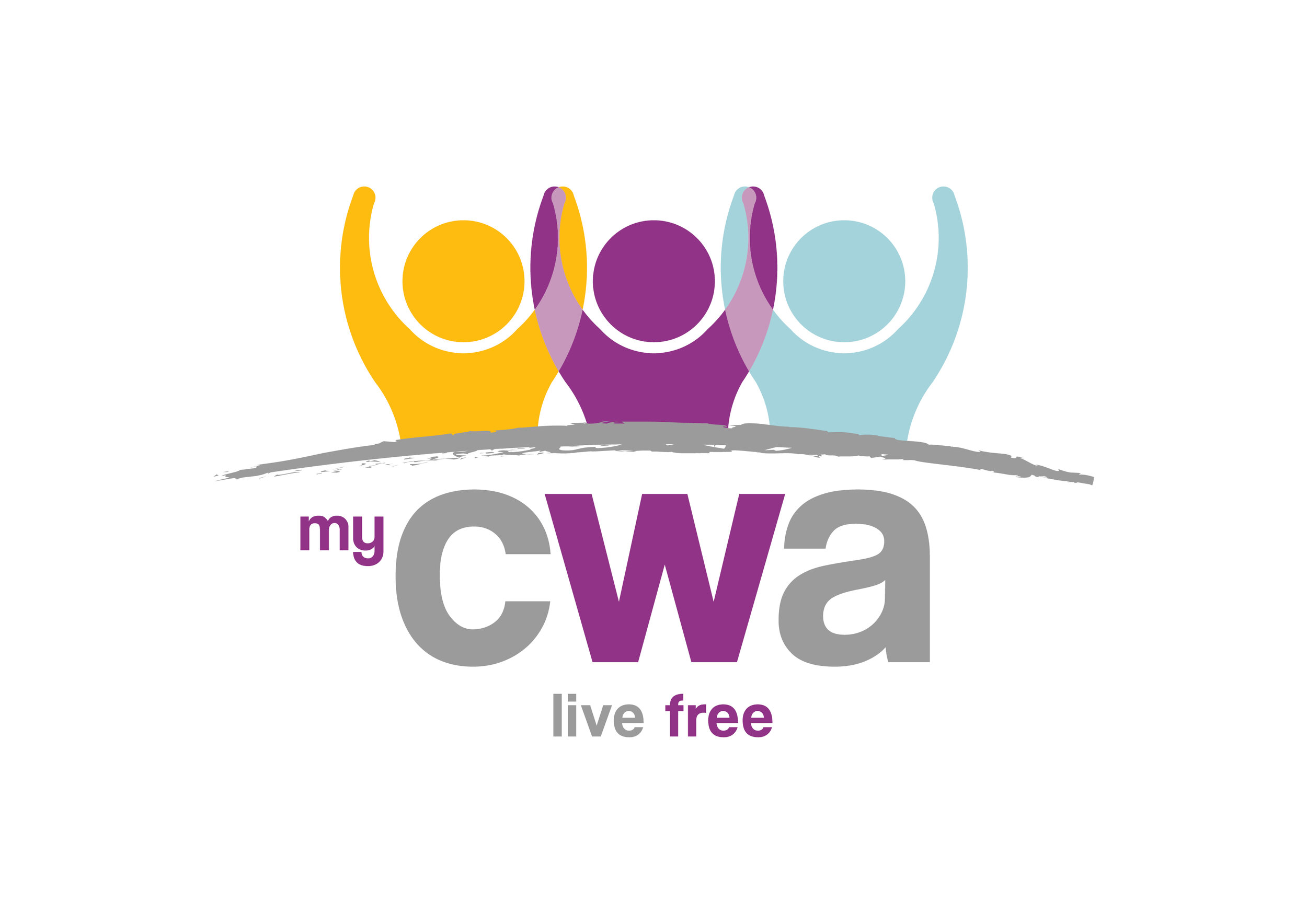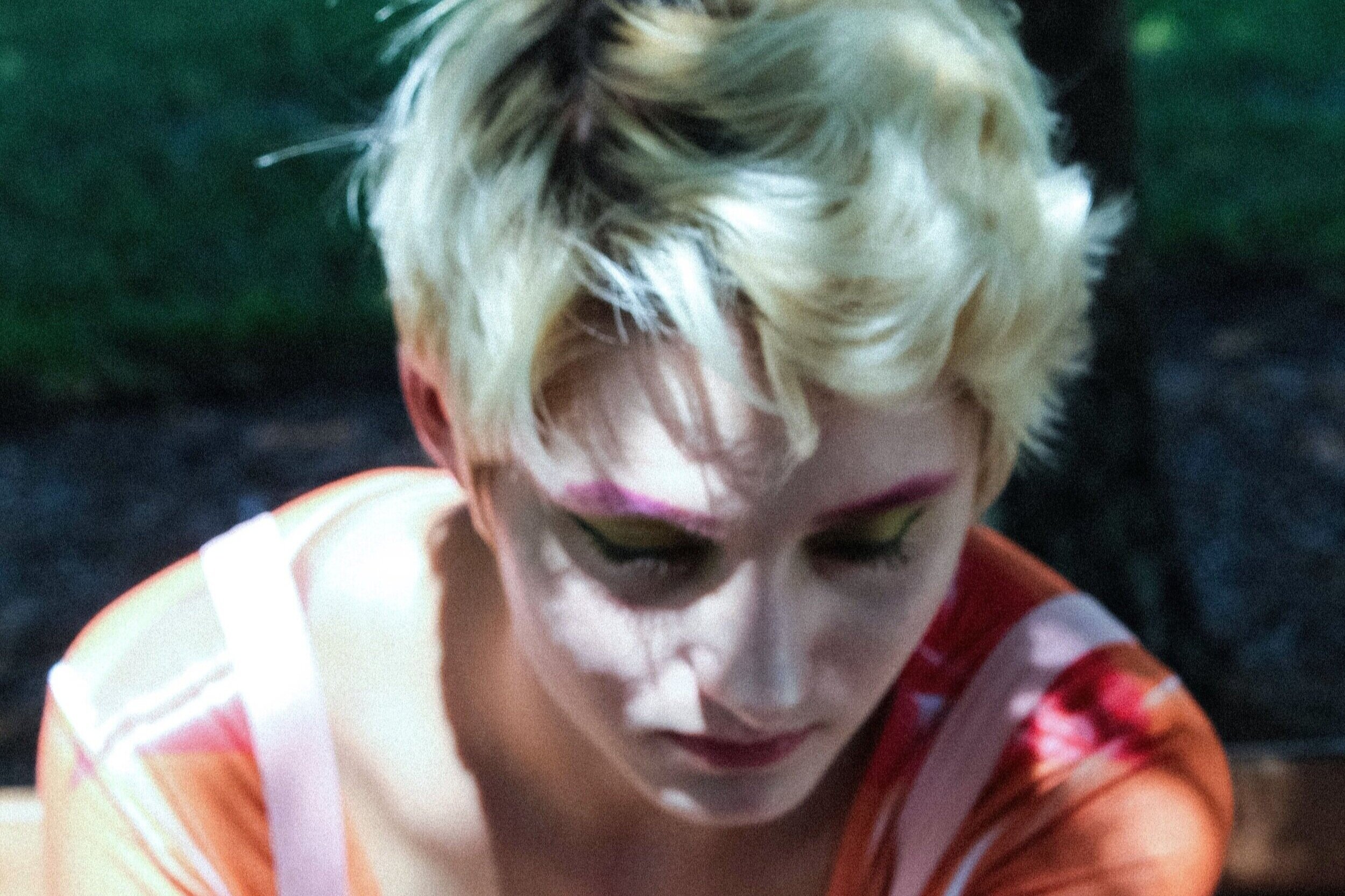Domestic abuse in same-sex relationships
Domestic abuse happens to other people. Doesn’t it?
That’s what most people think. That’s what you’re meant to think. Because if your abuser can convince you that it only happens to other people, they can continue to control you. And that’s what abuse is all about. Power and control. Coercion.
Domestic abuse relates to a pattern of behaviour designed to control someone within an intimate relationship – which could be a same-sex relationship, a parent-child relationship or even a carer-patient relationship. Domestic abuse can be physical, emotional, sexual, verbal or financial. It can leave physical scars as well as long-lasting psychological damage.
It can be hard to tell if domestic abuse is happening for several reasons:
We still think of abuse as a physical thing.
Abuse doesn’t always involve black eyes, bruises and broken bones. While physical harm can (and does) happen within many abusive relationships, abuse can be emotional, sexual and financial too.
We don’t see ourselves as victims
Lots of us don’t realise that what we’re experiencing is abuse. We don’t see ourselves as victims. Because abuse is something that happens to other people, right?
Abuse often happens behind closed doors
In cases of concerned friends and relatives, it can take time before we realise what’s happening. Because in many cases, the abuse happens behind closed doors.
If you’re worried about your own relationship, want to support a friend or relative – or if you’re concerned about your own harmful behaviour – we’re here to help you. Visit our understanding abuse or get help pages to find out more.
Domestic violence in LGBT relationships
Accepting that you’re in an abusive relationship is difficult for anyone, but within LGBT relationships, there can be even more to think about.
Lots of gay men and lesbians encounter abuse based on their sexuality from family members when they come out as gay or bisexual. Some are convinced by their abusive partner that their sexuality means they won’t be taken seriously if they report domestic abuse – for example, to the police, social services or their GP.
Have a read of our LGBT+ domestic abuse page for more about the issues you might face if you’re in an abusive same-sex relationship.
Signs of domestic abuse within LGBT relationships
There are many, many different behaviours that can occur within an abusive relationship. If you’re worried about your own relationship or someone else’s, ask yourself the following:
Does your partner try to control or manipulate you into doing what they want you to?
Does s/he tell you their behaviour isn’t abusive because they didn’t physically hurt you?
Does s/he accuse you of being over-sensitive when you call them out on their harmful behaviour – or try to tell you it’s normal and that “all couples argue”?
Does s/he promise to change their behaviour after each blow up, only to fall back into their old ways when they’ve convinced you to stay?
Do you feel like you’re constantly walking on eggshells, wondering what you’ll do next that will be somehow wrong or lead to another argument?
Does your partner struggle to take responsibility for their actions? Perhaps they make you feel responsible for their abusive / harmful behaviour. Or they might blame drink or drugs or a mental health illness.
[A NOTE ABOUT DRINK / DRUGS: drinking and drug taking are often used to excuse abusive behaviour. And not just by the abusers themselves. We often hear victims say things like: “It’s the coke talking” or “She only gets like this when she’s had a drink.”
If you recognise this behaviour within your own relationship, remember this: your abuser has made a choice to direct their harmful behaviour towards you. They made a choice NOT to abuse the other people they interact with while under the influence of drink and/or drugs (such as their work colleagues or other family members). The abuse is deliberate.]
Ending domestic abuse in LGBT relationships
If you’ve read through that list of behaviours and alarm bells have started ringing, why not reach out for help? Just a simple phone call or a quick email can be an important first step in getting the support you need to make sense of what’s going on and make decisions about what you do next.
Lots of people in abusive LGBT relationships mistakenly believe that nobody out there can help them to leave. That’s not true. At My CWA, we’re here to help anyone affected by domestic abuse.
We have crisis accommodation for people who need to leave urgently. We have counselling services and recovery programmes for people who’ve experienced abusive LGBT relationships. And we run programmes for those who harm.
You don’t even have to leave your abusive relationship. Maybe you’re not ready to leave right now. Perhaps you’re too scared to think about it at the moment. Or you might have no intention of ever leaving. That’s fine. We’re not here to tell you what to do.
We’re here to listen – judgement free – and offer the support you need. If you’re not able to leave now or don’t want to leave, we can help you to stay safe.
What next?
Domestic abuse can have a massive impact on you and the people around you. Whether you’re being abused, you’re concerned about a friend or relative, or if you’re the one who’s harming others, we’re here to help and we care.
Please visit our LGBT+ abuse page for more about how we can help you. Or contact us now if you need to talk: 01270 250390 / info@mycwa.org.uk
You’re not alone.

